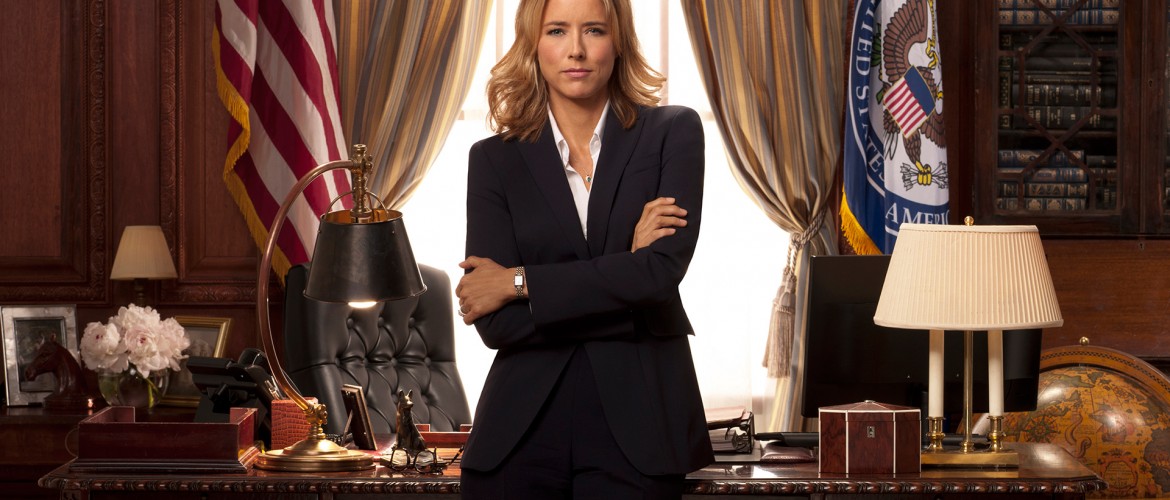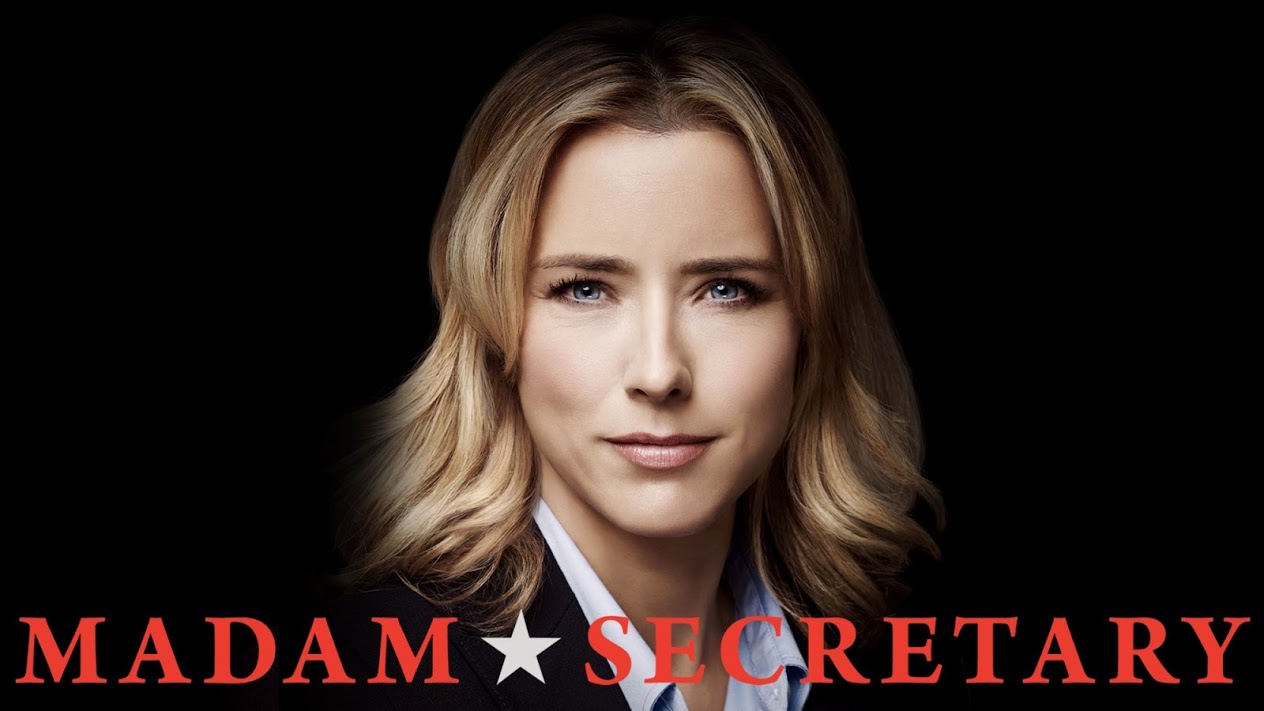Smart kids can be on one hand precociously cute and on the other pretentiously annoying. But what parent doesn’t wish that their children not only speak impeccable English but can also explain the nuances of Middle East politics or the positive effects of Third World loan programs?
Of course, being the offspring of a CIA analyst turned secretary of state and a Georgetown University professor doesn’t hurt. Everyone meet Stephanie (“Stevie”), Alison (“Noodle”) and Jason McCord of Madam Secretary on CBS.
The privileged siblings (played respectively by Wallis Currie-Wood, Kathrine Herzer and Evan Roe) mirror many who are born with the proverbial silver spoon and the golden ticket of a predetermined quality education that comes with it. If you are born of the right ilk you can attend the best of the best and most expensive of the expensive private schools and spend the better part of your day debating the philosophy of Voltaire, in French, no less.
While Madam Secretary (Tea Leoni playing title character Elizabeth McCord) is a highly dramatized and slightly satirized slice of high-society life in the nation’s Capitol, there are also a couple of strong messages that have been developing throughout Season 1.
Stevie, we learned early on, is an ideological college dropout who prefers protests and community activism to sitting through lectures on geo-politics and attending frat parties. Then, when challenged by her father Henry (Timothy Daly) to get a job and figure out her passion in life, Stevie learns the importance of continuing her education when she doesn’t qualify for a government internship that requires the awarding of course credit to students.
Meanwhile, Alison and Jason resent leaving behind their friends in Virginia for a new crowd of stuck-up offspring of senators and socialites. Jason even punches one of these kids in the nose in response to nasty Facebook posts that target his famous mom. He’s expelled when he doesn’t offer a “heartfelt” apology to the boy.
While ignoring the fact that most parents would give their eyeteeth to afford their kids similar opportunities, and might view the children’s obstinacy as disappointing and frivolous at the least, Secretary McCord and Henry juggle discipline with supporting their kids’ choices and providing a road map for how to live their lives as productive, good people.
As the writers have led us to believe, the McCord children were brought up to question authority and to think for themselves, just as Madam Secretary manages the State Department. In and of itself, that’s a refreshing and slightly controversial backdrop for a script that focuses on the inner workings of the Beltway.
But more so, the McCords play out for us each Sunday night the more mundane yet loftier goal of every parent – to leave this world just a little bit better for their children.
Children don’t need their parents to be their friends, and Elizabeth and Henry toe the line in this regard. But they also recognize that their children need boundaries and a strong moral compass to steer them toward a respectful future, both for themselves, for others and the survival of the planet. They also do their best to protect their children, as embodied by Elizabeth’s PTSD following the attempted coup in Iran.
Doing the right thing, as Spike Lee once said, trumps all else, no matter what socioeconomic background you come from. And to do so one needs a strong family unit managed by two parents, as is seen with Secretary McCord and Henry. They might not have all the right answers, or any answers at all, but as a team they’ve provided their children with the necessary tools to make them honest, upstanding young citizens, albeit a bit smug.
Amid all the political intrigue and thinly veiled commentary on Hilary Clinton, Madam Secretary hits its mark as a depiction of the trials and tribulations of a millennial family in an uncertain world rife with corruption, terrorism, global warming and more. But their strength in numbers tells us everything will be OK, even when so much on the news and in other baneful TV shows tell us the opposite.
As dark as politics can be, Madam Secretary provides thoughtful insights on what’s truly important in life – there is still hope for our children’s future. We all have a vital role to play and have a stake in making things better for the following generations and protecting them.
In today’s day and age, that’s precisely the kind of education everyone truly needs.


